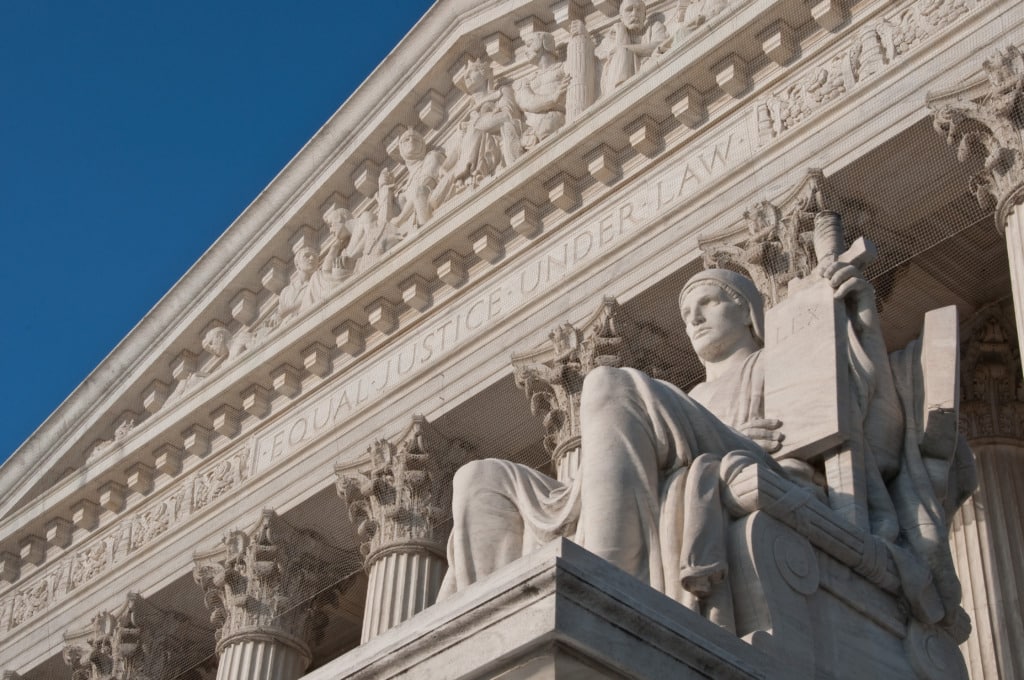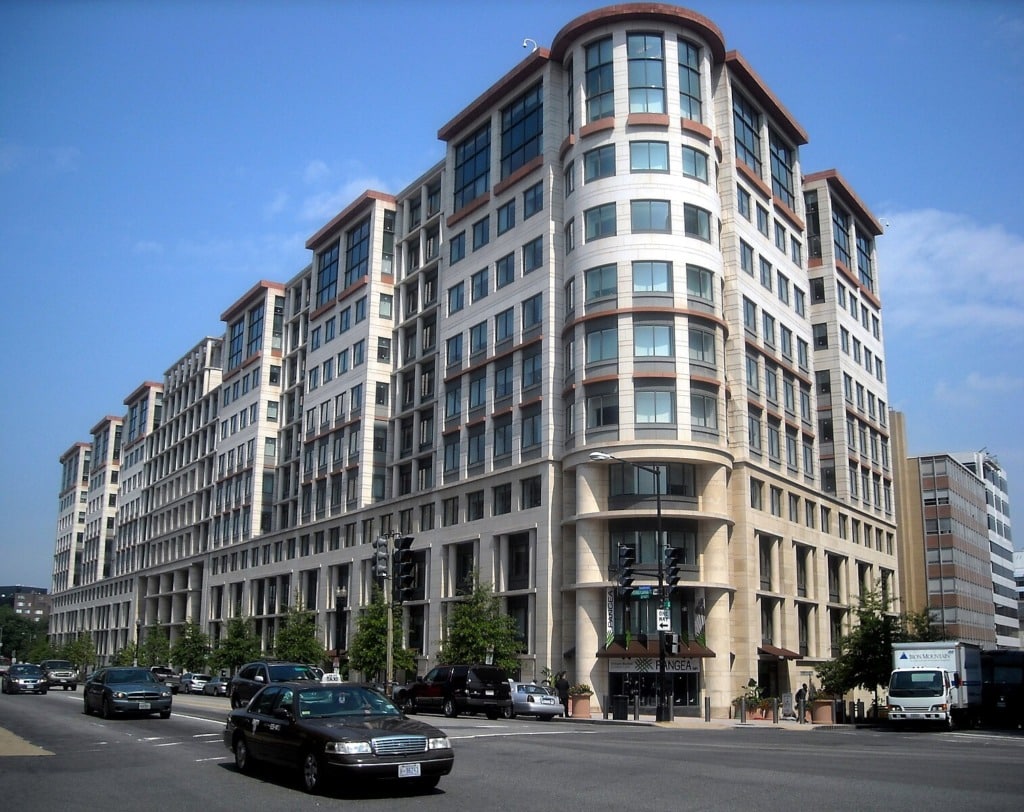Throwback Thursday: Federal Rule 44.1
For this installment of Throwback Thursday, we are going back to the year 1966. In that year, the Supreme Court adopted important changes to the Federal Rules of Civil Procedure governing class actions, amendments that have garnered substantial commentary ever since. This post addresses a less-heralded change, the introduction of Federal Rule 44.1 governing foreign…
Continue ReadingU.S. Immunity of International Organizations Since Jam v. IFC: New Challenges and Opportunities
In 2019, the Supreme Court reset the U.S. law of immunities for international organizations with its landmark judgment in Jam v. International Finance Corporation. That case overturned the long-held understanding that the International Organizations Immunities Act (IOIA), 22 U.S.C. §§ 288 et seq., entitled international organizations designated under it to virtually absolute immunity from U.S….
Continue Reading“Sticky Beliefs” about Transnational Litigation
Empirical legal scholarship has been on the rise. But empirical research on transnational litigation remains relatively uncommon. This limits our knowledge of transnational litigation and, by hindering assessment of claims about transnational litigation, it allows what I call “sticky beliefs” to take hold. Sticky beliefs are assertions made without empirical support, which are then uncritically…
Continue ReadingMicrosoft’s Dispute Resolution Provisions Are a Mess
The Microsoft Corporation (“Microsoft”) and its foreign subsidiaries buy goods and services from companies all around the world. To streamline the contracting process, Microsoft has drafted a purchase order that contains standard terms and conditions. This purchase order – viewable here – is used by Microsoft and its subsidiaries in 109 different countries. This agreement…
Continue ReadingTheir Beef Is with Burger King
The Justices have not yet given us good reasons to give up on International Shoe. Instead, their complaints are really about the doctrinal scaffolding that the Burger and Rehnquist Courts built on top of International Shoe in the 1980s.
Continue ReadingTagging Corporate Directors for Discovery under Section 1782
Section 1782 authorizes federal district courts to order any person who “resides or is found in” the judicial district to provide discovery “for use in a proceeding in a foreign or international tribunal.” The Second Circuit has held that “that § 1782’s ‘resides or is found’ language extends to the limits of personal jurisdiction consistent…
Continue ReadingAre State Courts Biased Against Foreign Forum Selection Clauses? A Look at the Data.
In a prior post, I discussed some data on the practice of state and federal courts in the United States relating to the enforcement of forum selection clauses. This dataset also provides a useful opportunity to determine whether state courts are more likely to enforce a clause selecting another U.S. court than they are to…
Continue ReadingFederal Law and Choice-of-Law Reform
How much should federal law have to say about the choice-of-law rules used by federal courts in diversity cases? In Klaxon v. Stentor Electric Manufacturing Co., Inc., the U.S. Supreme Court held that federal courts sitting in diversity should apply the choice-of-law rules prevailing in the states in which they sit. This post defends the…
Continue ReadingHalkbank On Remand: Immunity and Extraterritoriality – Judicial Deference or Customary International Law?
The Supreme Court surprised some by ruling unanimously in Turkiye Halk Bankasi A.S. v. United States that the Foreign Sovereign Immunities Act (FSIA) does not protect Halkbank from criminal prosecution in U.S. courts. Seven Justices concluded that the FSIA applies solely to civil actions but remanded the case – without guidance – for the Second…
Continue Reading






